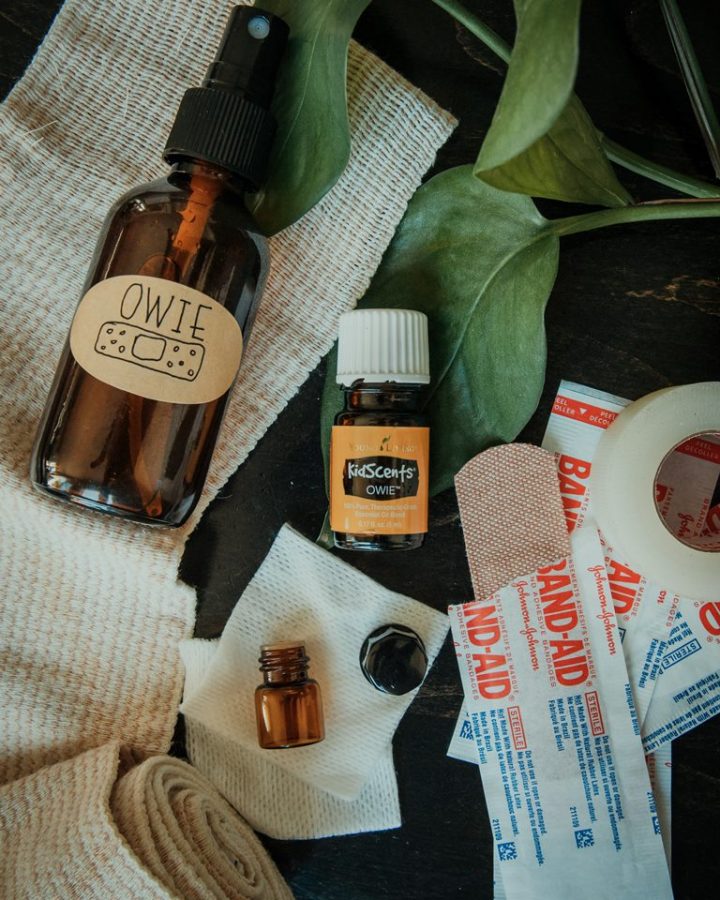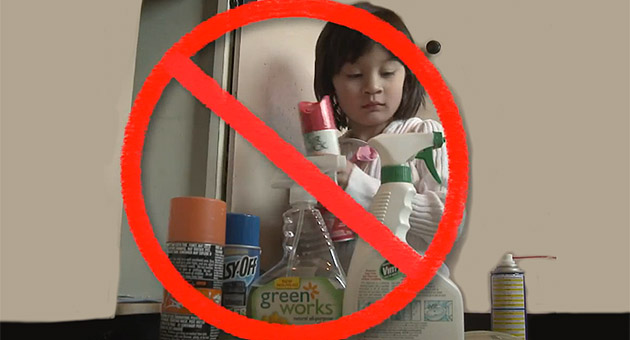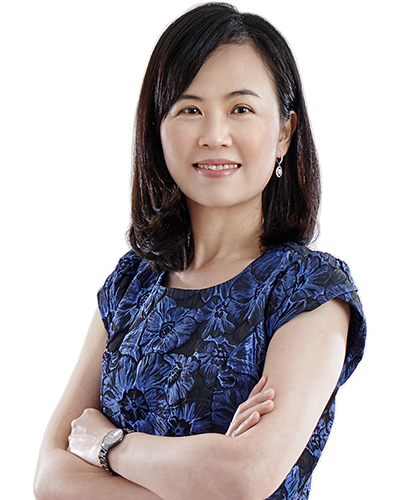This article was written by Dr Liew Pei Sze, Consultant Paediatrician at ParkCity Medical Centre.
As every parent quickly learns, children love to explore the world, usually without knowing the potential harms around them. Home accidents often happen when children, especially the young ones, are left unattended even for a few minutes or even seconds.

Poisoning in children is, of course, usually unintentional and is not uncommon. Children may suffer severe adverse effects and even sometimes death due to poisoning, so while quick action is necessary in the event of an incident, prevention is by far the more preferable choice. Poisoning is not limited to ingesting the chemicals in your home marked with clear warning labels that is dangerous to children.

The following precautions may help to prevent accidental poisonings of children at home:
- Child-proof the entire house.
- Use child-resistant containers as much as possible for medications and household cleaners.
- Separate food products and household cleaners in different cabinets.
- Keep medicines and toxic products in their original packaging, and store where children can’t see or get them.
- Keep cleaning products, medicines (including vitamins with iron), cosmetics, perfumes, cigarettes, alcohol, and any potentially harmful substances in locked cabinets or out of reach.
- Never call medicine a “candy”.
- Do not leave harmful products unattended at times of distractions that demand your attention, e.g., answering doorbell or talking on the phone.
- Ensure that you place all bags (including your visitors’) up high so that children will not be able to reach them.
- Only take prescription medicines which have been prescribed to you by a healthcare professional. Do not misuse prescription or over-the-counter medicines.
- Read the label and follow the instructions carefully when giving medicines to children.
- Safely dispose of unused, expired. or unneeded medicines, vitamins. and supplements.

References: www.cdc.gov, www.ucsbenioffchildrens.org
"ExpatGo welcomes and encourages comments, input, and divergent opinions. However, we kindly request that you use suitable language in your comments, and refrain from any sort of personal attack, hate speech, or disparaging rhetoric. Comments not in line with this are subject to removal from the site. "























